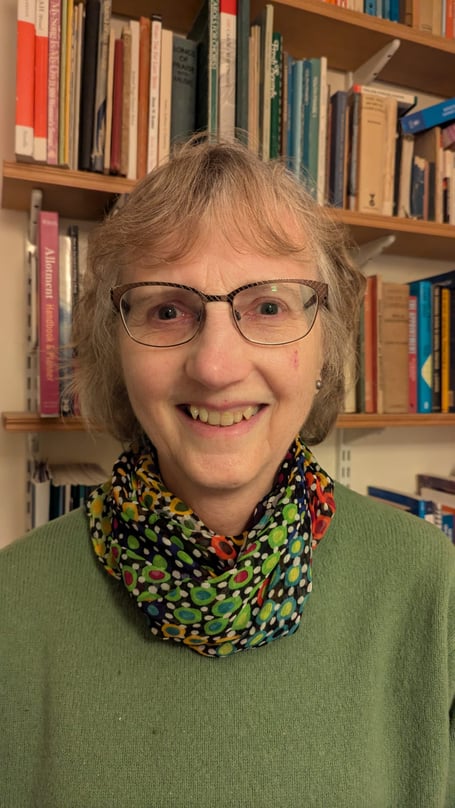In a world full of conflict, war, destruction and uncertainty many of us search for hope and security. Maybe, as leaves and blossoms appear, spring becomes summer and we see the natural progression of season to season, we begin to see hope all around us, and, for a while, the world feels a better and secure place.
But what if there is no certainty that the seasons will change as they should? What if you have watched your crops fail as the rivers around you dry up and the temperature gets hotter and the land drier, and you do not know what the next season will bring? What if you can no longer feed your family and your friends and neighbours are in the same situation?
In the indigenous farming communities in Guatemala, poverty and the effects of climate change make life a day-to-day challenge for survival for many. The cruel injustice is that these communities have done the least to cause the climate crisis, yet they endure its impact the most.
Here, Christian Aid works alongside its local partner Congcoop which trains and supports communities to farm in a sustainable way so that they can adopt agroecological approaches that conserve their land, culture and livelihoods. With help from Congcoop, indigenous farmers, many of them women, are planting resilient crops, making organic fertiliser and constructing rainwater collection systems. What the women learn, they share with others and in so doing they are building a more secure future for the community.
During Christian Aid Week, which takes place from May 11 to 17, Christian Aid, now in its 80th year, will join with supporters to fundraise, reflect on and celebrate the work that it carries out with local partners. It is in this development work, in areas of the world where extreme poverty and the effects of climate change have a major impact, that we can find hope.
Our gifts, prayers and actions during Christian Aid week will help many families secure a better future for their children.





Comments
This article has no comments yet. Be the first to leave a comment.